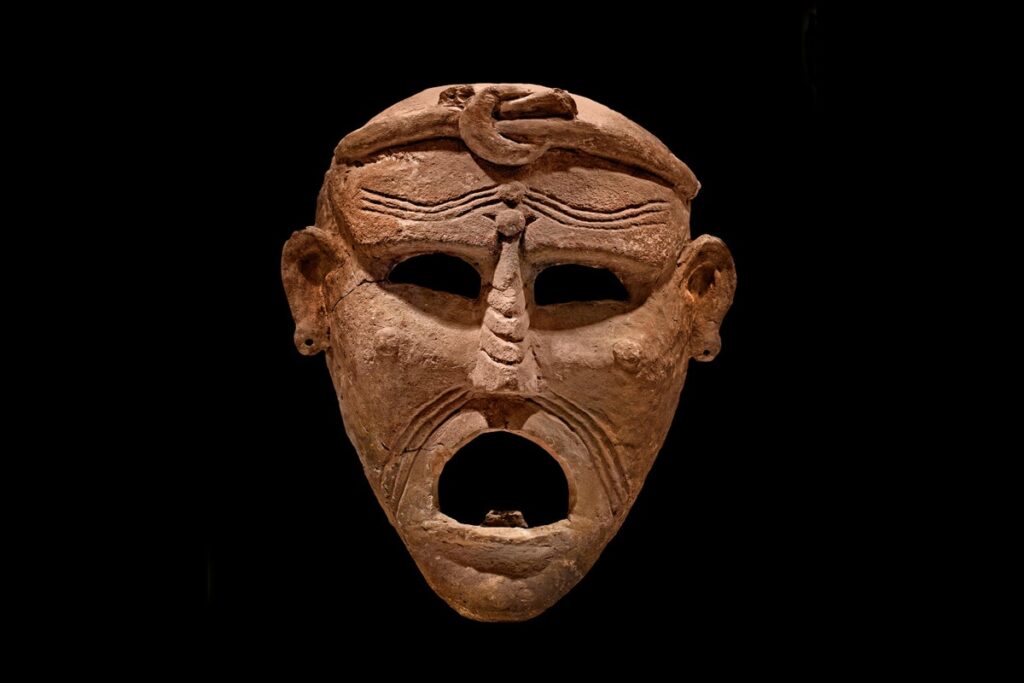Ancient DNA Study Unveils Surprising Phoenician Ancestry
The Phoenicians, renowned for their cultural diffusion across the Mediterranean, left an indelible mark in history through their language and trade. However, a recent study examining ancient DNA suggests that their genetic legacy may not be as widespread as once thought.
Emerging over 3,000 years ago around present-day Lebanon, the Phoenician civilization expanded its maritime trade and culture throughout the Mediterranean basin. Their city-states, including the prominent Carthage in Tunisia, thrived until Carthage’s fall in 146 BC. Researchers have long assumed that the inhabitants of these Phoenician outposts shared a common ancestry tied to the Middle Eastern roots of their culture.
Significant Findings from Genetic Analysis
A study published in Nature on April 23, 2025, under the guidance of population geneticist Harald Ringbauer from the Max Planck Institute for Evolutionary Anthropology, analyzed the DNA of approximately 200 individuals from various Phoenician archaeological sites across the Mediterranean.
Unexpected Ancestral Connections
The results were surprising; the genomes of individuals from Phoenician settlements, also known as Punic people, did not display connections to ancient Middle Eastern populations, including their supposed ancestors, the Canaanites. Moreover, their genetic makeup did not consistently align with neighboring populations either.
Distinct Genetic Profile
Instead, the genetic analysis indicated that the Punic people’s ancestry closely resembled that of ancient inhabitants of Greece and Sicily. Furthermore, over time, the genetic diversity of North Africans became part of their heritage, particularly during the ascendancy of Carthage post-500 BC. This unique genetic blend likely resulted from the continuous movement and intercultural exchanges facilitated by an extensive trade network linking various Mediterranean regions.
Remarkably, the study even identified related individuals from far-flung sites, such as a set of second cousins with one from North Africa and the other from Sicily, demonstrating the interconnectedness that trade fostered.
Implication of Cultural Assimilation
The absence of Middle Eastern ancestry in Punic populations has led to insights on how Phoenician culture was adopted by various groups. Geneticist Pierre Zalloua from Khalifa University in Abu Dhabi remarked, “The Phoenicians were a culture of integration and assimilation. They settled where they sailed,” highlighting their adaptability and openness to local customs.
Exploring the Disconnect
Ringbauer expressed interest in understanding why diverse Mediterranean people embraced Phoenician culture while forgoing their own. “How can there be such a disconnect?” he inquired, pondering if Phoenician culture functioned similarly to a franchise available for others to adopt, a question that opens pathways for further archaeological exploration.
In conclusion, while the Phoenicians significantly influenced cultural landscapes across the Mediterranean, this study underscores the complex interplay between culture and genetics, revealing a disconnect that prompts new questions regarding the assimilation and integration of diverse peoples.


